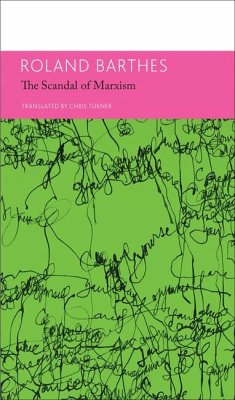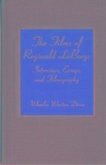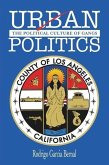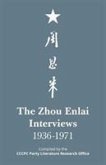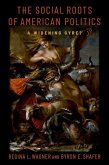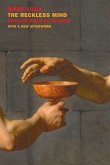Roland Barthes, whose centenary falls in 2015, was a restless, protean thinker. A constant innovator, often as a daring smuggler of ideas from one discipline to another, he first gained an audience with his pithy, semiological essays on mass culture, then unsettled the literary critical establishment with heretical writings on the French classics, before going on to produce some of the most suggestive and stimulating cultural criticism of the late twentieth century. In 1976, the one-time structuralist outsider was elected to a chair at France s pre-eminent academic institution, the College de France, choosing to style himself its Professor of Literary Semiology, though this last somewhat hedonistic and more subjectivist phase of his intellectual adventure was cut short by his untimely death in 1980. The greater part of Barthes s published writings have been available to a French audience since the publication in 2002 of the expanded version of his "Oeuvres completes "[Complete Works], edited by Eric Marty. The present collection of essays, interviews, prefaces, book reviews and other occasional journalistic pieces, all drawn from that comprehensive source, attempts to give English-speaking readers access to the most significant previously untranslated material from the various stages of Barthes s career. It is divided (not entirely scientifically) into five themed volumes entitled: Theory, Politics, Literary Criticism, Signs and Images (Art, Cinema, Photography), and Interviews. This second volume presents a wide range of Barthes s more overtly political writings, with the emphasis on his earlier work. Two-thirds of the pieces date from the 1950s, a period of serious turbulence in French national life. Some of the issues confronted are rather theoretical (e.g. do revolutions follow laws? Is anti-Semitism a phenomenon of the Right or the Left?), while others are primarily cultural (is there a left-wing literature, a left-wing criticism?), but there are also articles addressing more concrete and pressing political matters, such as De Gaulle s accession to power and France s Algerian War. Moving forward a little, Barthes s reflections on his trip to China in the early 1970s also make interesting reading. "

